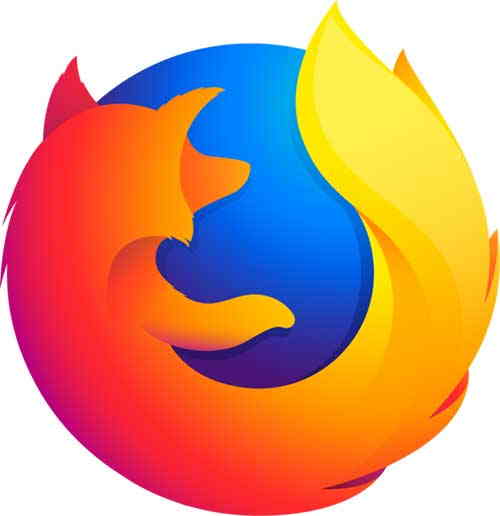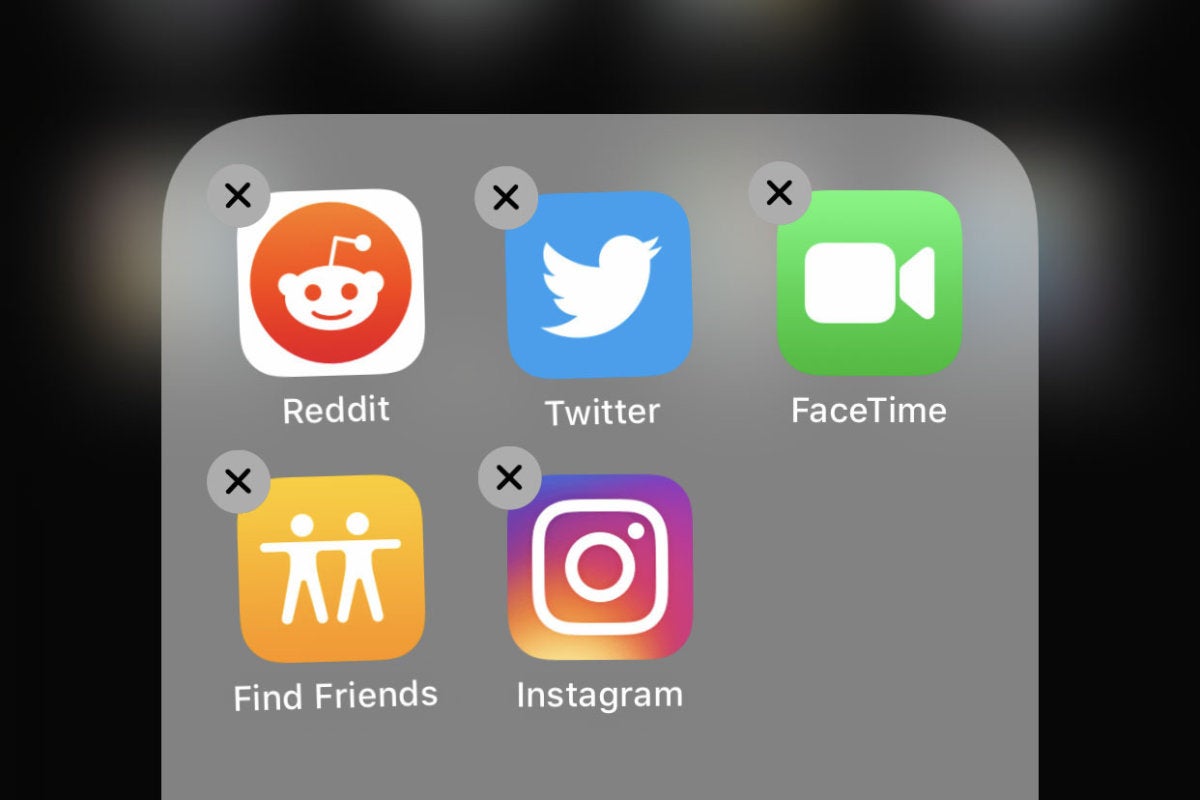

Given that most users don't want to switch to a different browser with every new release, it's probably wiser to discount performance as a factor for the time being. Firefox and Chrome seem to trade the title of "faster browser" on a regular basis, but they're always close. If you're looking for an alternative to Apple's browser, it's not because of performance issues or resource consumption.īetween the alternatives, however, it's a toss-up. Whether on Intel or Apple Silicon Macs, Safari is superior to all other major browsers when it comes to page load times, general performance, and RAM usage.

Nevertheless, almost every popular add-on is available for Firefox as well, and it is vastly superior to Safari in this respect. Mind you, that was over three years ago, so it's not much of an issue today.ĭespite the fact that Chrome came onto the scene quite a bit later, its sheer popularity has resulted in far more extensions being created for Google's browser. However, those that have not been upgraded since the introduction of the Quantum engine will likely not work on later versions of the app. Plenty of extensions to choose from, but Chrome is still better in this regardįirefox has been around for a long time, so it makes sense that tons of extensions have been created since the browser was first released. However, you will need to enable this feature after installing the browser, as it is not turned on by default. Aside from blocking cross-site tracking cookies and preventing all tracking in private windows, the browser also prevents fingerprinting, which lets companies create a profile based on your hardware and data, allowing them to track you for extensive periods.įirefox has also implemented an HTTPS-only mode, which blocks all unsecure connections. Mozilla is also at the forefront of safeguarding user privacy and promoting transparency. Every day we get more reasons not to trust big corporations to do the right thing, and what better way to keep an eye on them than to see everything that's going on behind the scenes? One of the main reasons to choose Firefox is the fact that it is completely open-source. Sure, Firefox doesn't have a built-in ad-blocker or full-page translation, but these things can be added via extensions. Of course, nowadays, feature availability isn't much of a concern when choosing a browser, at least for most people.
#Download firefox for os x password
Feature-rich, as expectedĪside from the things you need for actual browsing, Firefox comes equipped with a password manager, tracker blocker, private browsing functionality, fingerprint blocking, cross-device synchronization, and fairly impressive customization options. If the sites you're visiting still require Flash, it's probably wise to avoid them anyway. With Firefox 85, Adobe Flash is no longer supported, and it is impossible to enable it on any website. All Firefox editions are now released as universal binaries, offering improved performance on the new devices, which until now relied on Rosetta 2 emulation.

#Download firefox for os x mac
What's new?įor M1 Mac users, the biggest recent news is native support for Apple Silicon processors. Other than Safari, it is the only major browser not to be powered by Chromium, relying on the in-house Gecko engine ever since its inception.

Seemingly doomed to never be the top dog, Firefox is nevertheless an impressive browser, and its commitment to transparency and user privacy makes it a sound choice. It also supports transparency and other advanced features.īy far the most popular open-source browser, Firefox has attempted, since it was first developed, to counter the dominance of Internet Explorer, then Chrome, and now the multitude of Chromium-based browsers as well. It offers significant bandwidth savings for sites compared to existing image formats.
#Download firefox for os x free
Firefox now supports the new AVIF image format, which is based on the modern and royalty free AV1 video codec.


 0 kommentar(er)
0 kommentar(er)
